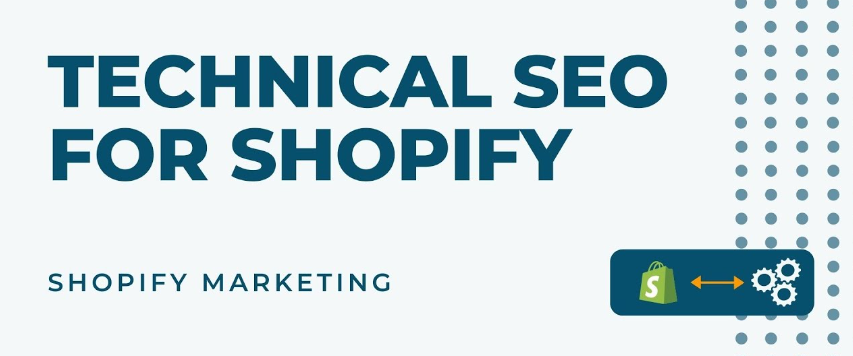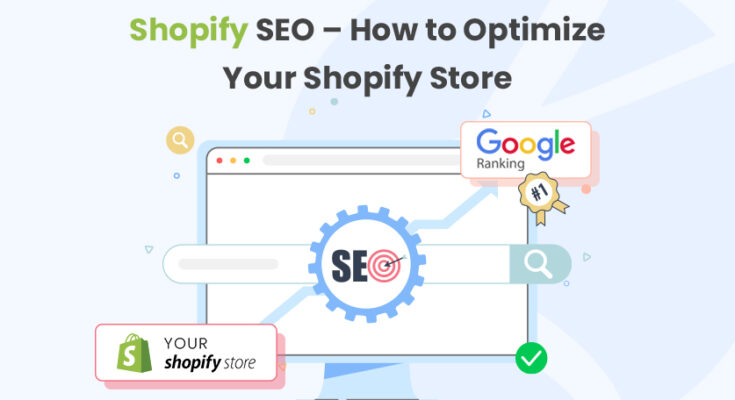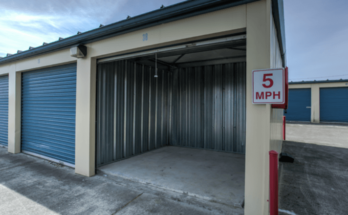In the competitive world of e-commerce, driving organic traffic to your store is essential for success. When done right, search engine optimization (SEO) can significantly increase your visibility and attract more potential customers. Here’s a comprehensive guide on optimizing your Shopify store for search engines and boosting your organic traffic.
Table of Contents
- Understanding SEO for Shopify
- Keyword Research and Optimization
- Optimizing Product Pages
- Technical SEO for Shopify
- Building High-Quality Backlinks
- Regular Monitoring and Optimization
- How to Optimize Your Store for SEO
- Conduct Keyword Research
- Optimize Your Product Pages
- Build High-Quality Backlinks
- Conclusion
- FAQs
Understanding SEO for Shopify
SEO is the process of improving your website’s visibility on search engine results pages. For Shopify stores, this involves optimizing various elements such as product descriptions, meta tags, URLs, and images to make them more search engine friendly.
Keyword Research and Optimization
Keyword research is the foundation of any successful SEO strategy. Identify relevant keywords that your target audience is searching for and strategically place them throughout your store. Optimize your product titles, descriptions, and headings with these keywords to improve your chances of ranking higher in search results.
Optimizing Product Pages
When optimizing your product pages, focus on creating unique and compelling product descriptions that incorporate relevant keywords. Use high-quality images and videos to enhance the user experience and improve your chances of ranking higher in search results.
Technical SEO for Shopify

Technical SEO involves optimizing the backend of your Shopify store to improve its performance and make it more search engine friendly. Ensure your website loads quickly is mobile-friendly, and has a clean URL structure. Additionally, optimize the service of your meta tags, headings, and alt text to improve your store’s visibility in search results.
Building High-Quality Backlinks
Backlinks are an essential component of SEO as they signal to search engines that your website is reputable and trustworthy. Focus on building high-quality backlinks from relevant and authoritative websites to improve your store’s search engine rankings.
Regular Monitoring and Optimization
SEO is an ongoing process that requires regular monitoring and optimization. Keep track of your store’s performance using tools like Google Analytics and Google Search Console. Make adjustments to your SEO strategy based on performance data to ensure long-term success.
How to Optimize Your Store for SEO
Now that we understand the importance of Shopify SEO, let’s dive into the steps you can take to increase organic traffic to your online store:

Conduct Keyword Research
Keyword research is the foundation of any effective SEO strategy. Start by identifying relevant keywords that your target audience is likely to search for. Use tools like Google Keyword Planner or SEMrush to discover popular keywords related to your products or industry. Focus on long-tail keywords – specific phrases that accurately describe Our Business offerings.
Optimize Your Product Pages
Title Tags
Title tags play a crucial role in SEO and user engagement. Aim for concise and compelling titles of around 60 characters that include your target keywords. This not only enhances your search engine visibility but also attracts potential customers. For example, if you’re selling handmade jewelry, a title like “Exquisite Handcrafted Silver Necklace – YourStore” effectively incorporates key terms and piques interest.
Meta Descriptions
Craft unique and engaging meta descriptions for each product page, ensuring they remain within the 155-character limit for full display in search results. These descriptions should not only summarize the product but also entice users to click. For instance, “Discover elegance with our handcrafted silver necklace. Limited edition design for a timeless appeal. Shop now at YourStore for a touch of sophistication.”
URL Structure
Optimize your URL structure by making it both descriptive and keyword-rich. For instance, if your product is a blue floral dress in the summer collection, a suitable URL would be “yourstore.com/summer-collection/blue-floral-dress.” This not only Business improves SEO but also aids users in understanding the content of the page before clicking.
Product Descriptions
When crafting product descriptions, focus on providing valuable information while seamlessly incorporating relevant keywords. Avoid duplicate content by tailoring descriptions for each product. For instance, “Our blue floral dress is crafted from high-quality fabric, ensuring comfort and style. Perfect for summer events, this dress radiates elegance with its unique floral pattern, making you stand out in any crowd.”
Image Optimization
Optimize product images by using descriptive file names and alt tags with relevant keywords. Instead of generic filenames like “IMG12345,” opt for “blue-floral-dress-summer-collection.jpg.” Additionally, use alt tags like “Blue Floral Dress – YourStore” to enhance accessibility and improve search engine ranking.
Build High-Quality Backlinks
Backlinks are an essential factor in determining your store’s authority and credibility. Earn quality backlinks from reputable websites within your industry to boost your search engine rankings. Here are a few strategies to consider:
Guest Blogging
Guest blogging is an effective strategy for building backlinks and increasing your online presence. When writing guest posts for industry blogs, focus on providing valuable and relevant content to the audience. Within the content, strategically include links back to your store, ensuring they seamlessly fit into the context. For instance, if you’re a fitness apparel store, a guest post about the latest workout trends can naturally include links to your products, enhancing both visibility and credibility.
Influencer Collaborations
Partnering with influential bloggers or social media personalities within your niche can significantly boost your brand’s visibility. When collaborating, ensure that the influencers resonate with your brand and target audience. Request them to promote your products authentically, incorporating links to your store. These collaborations not only drive traffic but also provide valuable backlinks from reputable sources, positively impacting your SEO.
Content Marketing
Investing in high-quality content marketing is essential for attracting organic traffic and earning backlinks. Create diverse content such as blog posts, videos, or infographics that are informative, engaging, and shareable. For example, if you run a beauty products store about blog post on skincare routines or a tutorial video using your products can attract links from beauty enthusiasts and influencers alike. Promote your content across various channels to maximize its reach and encourage others to link back to it.
Conclusion
By following this SEO guide for Shopify, you can increase relevant organic traffic to your website and attract more potential customers. Remember to focus on keyword research, product optimization, technical SEO, backlink building, and regular monitoring to achieve optimal results. Implement these strategies consistently, and watch your Shopify store climb the ranks in search engine results.
FAQs
What is SEO for Shopify?
Search engine optimization (SEO) for Shopify involves optimizing various elements of your online store, such as product descriptions, meta tags, URLs, and images, to improve its visibility on search engine results pages (SERPs) and attract organic traffic.
Why is keyword research important for Shopify SEO?
Keyword research is crucial for identifying relevant keywords that your target audience is searching for. By strategically placing these keywords throughout your Shopify store, you can improve your chances of ranking higher in search results and attracting potential customers.
How can I optimize my product pages for SEO?
To optimize your product pages, focus on creating unique and compelling product descriptions that incorporate relevant keywords. Use high-quality images and videos to enhance the user experience and improve ranking higher in search results.
What is technical SEO for Shopify?
Technical SEO involves optimizing the backend of your Shopify store to improve its performance and make it more search engine friendly. This includes ensuring fast loading times, mobile-friendliness, a clean URL structure, and optimized meta tags, headings, and alt text.
How important are backlinks for Shopify SEO?
Backlinks are essential for signaling to search engines that your website is reputable and trustworthy. Building high-quality backlinks from relevant and authoritative websites can significantly improve your store’s search engine rankings.
Is SEO a one-time process for stores?
No, SEO is an ongoing process that requires regular monitoring and optimization. It is essential to track your store’s performance using tools like Google Analytics and Google Search Console and make adjustments to your SEO strategy based on performance data.




